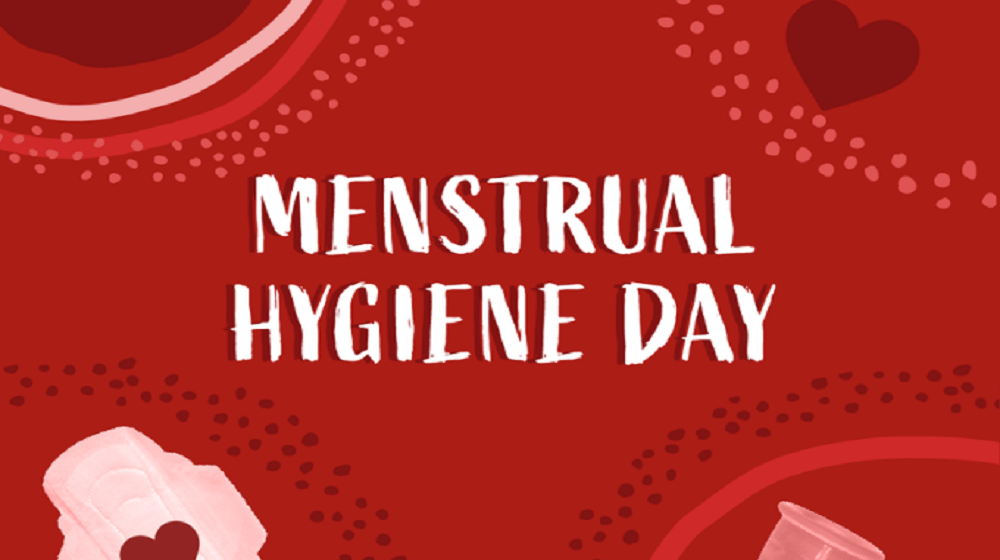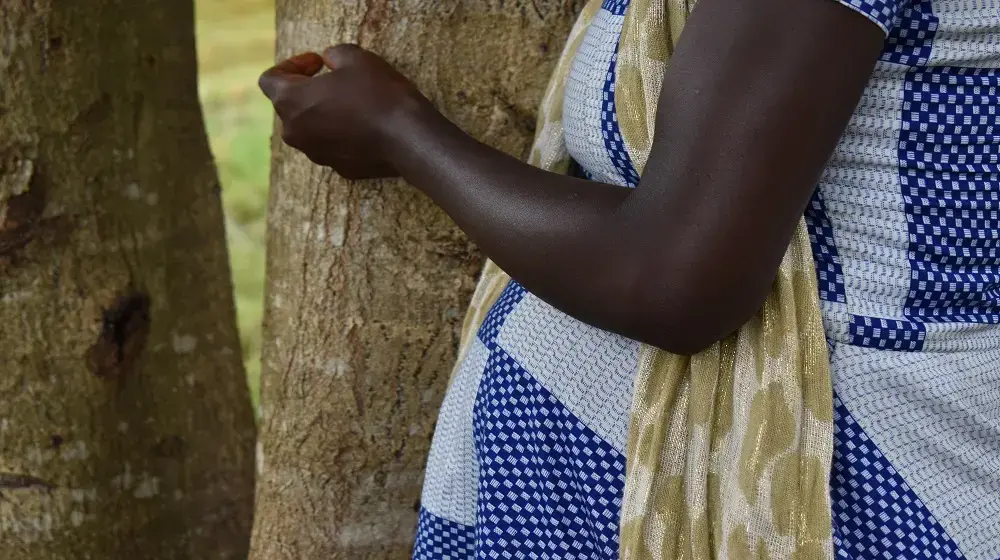UNFPA Ghana Country Office, Accra, 28 May – Menstruation or period, is a biological phenomenon naturally occurring in females. It basically involves vaginal bleeding that occurs as part of a woman’s cycle. May 28 is dedicated to recognizing this biological phenomenon as the menstrual cycle occurs averagely every 28 days. The commemoration of the day allows health organizations, professionals, as well as, women who experience menstruation to speak about the issues around menstruation.
Often, women experience discrimination and ill-treatment because of this natural process. In societies with extreme poverty levels and harmful cultural beliefs and practices, it gets even worse because women do not have access to products like sanitary pads to observe personal hygiene when menstruating. This is known as period poverty, and it adversely affects women and deepens gender inequality.
Civil society organizations and activists in Ghana have on many occasions been calling on the Government to consider abolishing taxes on sanitary pads and products for maintaining personal hygiene during menstruation, as this perpetuates period poverty. Others have called for the free provision of sanitary pads to girls in school so that it does not hinder them from staying in school or affecting their productivity and comfort.
Over the years, UNFPA Ghana has been using the opportunity the Menstrual Hygiene Day affords to bring to the attention of Government and relevant stakeholders the need to do away with stigma around menstruation, while calling for investments to end period poverty. This year, the Country Office is collaborating with a number of partners, including various Regional Coordinating Councils and Ghana Reads Initiative to educate girls about menstruation matters, along with the free distribution of sanitary pads and information packs.
UNFPA Ghana recognizes menstruation as a natural process for which women and girls should experience no stigma. The organization equally aligns with the voice of civil society actors and activists calling for the exclusion of taxes on sanitary pads to reduce and ultimately end period poverty. Finally, UNFPA promotes access to science-based information about menstruation and hygiene products that will enable women and girls to menstruate without stigma, as this is their human right and which serves their dignity.
For more information, contact:
Jean-Philip Lawson: UNFPA Ghana
United Nations Population Fund| +233 302 746 746 | jlawson@unfpa.org




